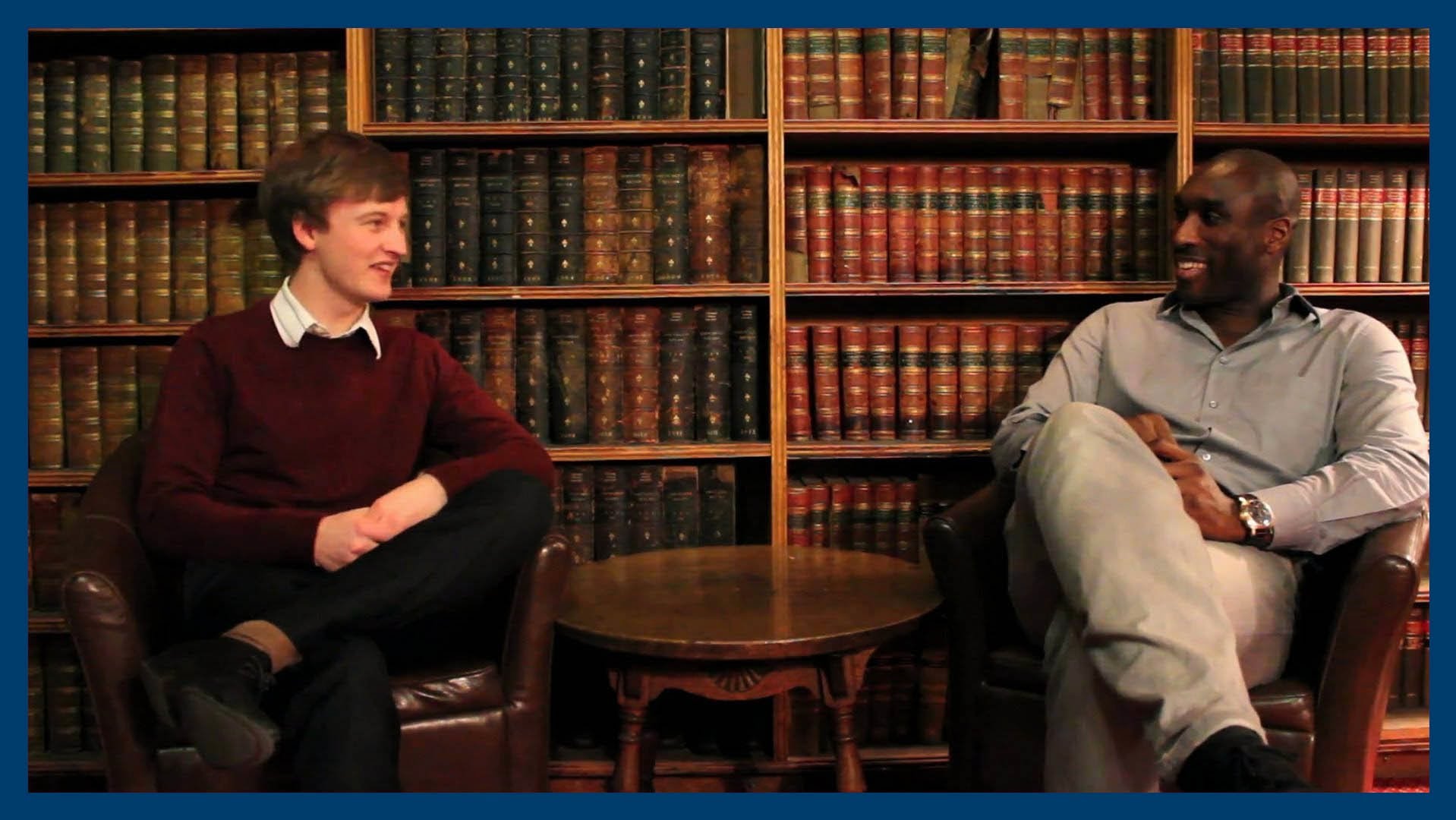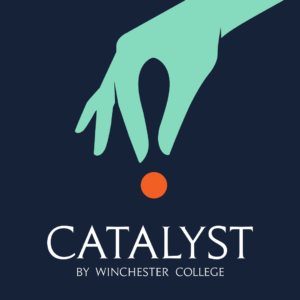Ever wondered what makes you think the way you do? How differently do you think to the others around you? What happens when thinking goes wrong?
Well consider a degree in the Behavioural Sciences. This degree gives you possibly the broadest foundation of any degree. Focussing on research, abstract reasoning and communication. Essential for any corporate environment.
In my opinion Behavioural Sciences is often seen to be restricted only to Sociology, Politics and Anthropology. Therefore, a subject not considered worthwhile studying at degree level. However, Behavioural Sciences also covers a spectrum of disciplines within Philosophy, Psychology, Evolutionary Biology, Neuroscience and even Molecular Biology and Biochemistry.
In recent years the traditional subject of Psychology has shifted more towards Experimental and Cognitive Neuroscience. With research focussing on analysis into perception, attention, neurolinguistics and development. The area most people are familiar with from their studies involves learning and memory. This is definitely an example of a field where abstract models hypothesised by Psychologists and Philosophers have been proved or disproved with conclusive experimental data. As biological techniques have become more advanced, we have been able to map neural pathways within different species for particular behaviour, as well as how they develop, adapt and differentiate. From this has come how psychopathological conditions occur, such as schizophrenia and depression, and therefore how they can be treated through medical intervention by changing the mechanisms of the cells involved.

There are many different routes into exploring the Behavioural Sciences. Degrees for this field come under many different names at different Universities. I read Biological Natural Sciences at Cambridge, with my final part II subject being Zoology. Coming off a gap year, I had developed a keen interest in Psychology and Neuroscience through reading up for University interviews, and undertaking several lab placements I had around Cambridge whilst studying my A-levels. I was fascinated having been diagnosed with Aspergers Syndrome as to its effects on other individuals within populations from different backgrounds, as well as the effects of mental health on the individual and community in both a social and biological sense.
So going into University, I chose courses with an emphasis on Physiology, Evolution and Behaviour. To give me a strong foundation necessary to approach Behavioural Sciences from a Biological perspective. I then took lectures in Experimental Psychology and Neurobiology, which gave me a stronger understanding of the various concepts and anatomies of psychological phenomena. We had as many as three to four labs a week looking at different experimental set ups and neural histologies, so that we could get a direct perception of what researchers are doing and thinking when they try to prove or disprove a theory. We also had the opportunity to learn how to design our own

experiments and studies – which have been skills highly transferrable to work scenarios I now experience today. Finally, I chose to specialise in courses focussing on the Evolutionary Genetics behind different behavioural mechanisms. Given the complexity of these behaviours, the majority of work has been done on non-human animals such as rats and rhesus macaques. Which meant that I also got to study a lot of Behavioural Ecology, and how animals interact with each other and the environment around them.
From my experience, I recommend studying Behavioural Sciences because of the sheer diversity and detail of the disciplines within the field. It is very easy for two people to graduate having studied vastly different topics. This to me makes the subject unique, challenging and highly rewarding.
For more fun science experiments and tutorials, check out:
https://junilearning.com/blog/
To find out more about university applications and how Ampla Education can help, contact us at info@ampla-edu.com
________________________________________________________________________
______________________________________________________________
After graduating from the University of Cambridge with a BA in Zoology, Joshua has worked as a mentor for students around the Cambridgeshire community in the U.K., helping them to attain their potential both academically and pastorally. More recently he has also been volunteering to help adults with autism access a better quality of life. He has a unique insight into special access applications to Cambridge University. Joshua is particularly interested in taking his knowledge and experience to help others on the national and international level.
________________________________________________________________________
______________________________________________________________
© Ampla Education – Unauthorised use of this material without permission is strictly prohibited. Excerpts and links may be used, provided that full credit is given to Ampla Education.



















